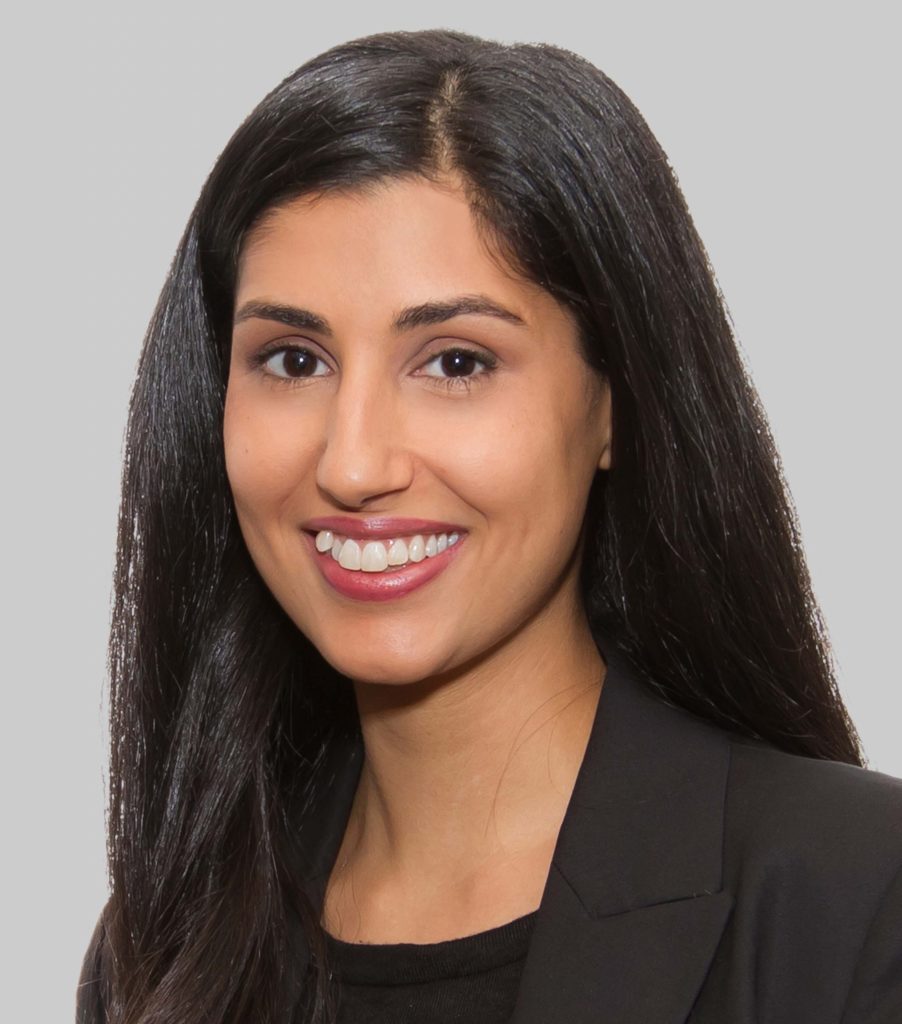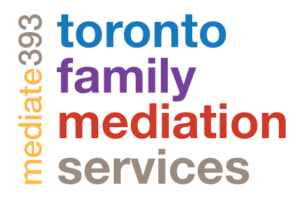TFMS Mediator Raheena Dahya Recommends Her Favourite Mental Health Reads
05.05.2021

Alex, administrative assistant of Toronto Family Mediation Services, interviewed TFMS roster mediator Raheena Dahya, the author of our Mediating With Your Mental Health In Mind Blog for Mental Health week.
Alex: It’s mental health week! You’re known for always being up to discuss mental health; and you author the Mediating With Your Mental Health in Mind blog. What are you excited to talk about this mental health week?
Raheena: Yes, I’m a bit of a mental health nerd! One of my favourite things about writing the blog is actually the opportunity to revisit some of my favourite mental health reads.
Alex: Which book is your favourite?
Raheena: Ooh, I have so many I’ve enjoyed over the years. I’ve definitely relied on a few of them for the blog.
Alex: Well, what are your top 5?
Raheena: I’m on the spot here, so my answer might change if you ask me at another time, but right now I would say, in no particular order:
- Johan Hari’s Lost Connections
- Brene Brown’s Daring Greatly
- Amir Levine & Rachel Heller’s Attached
- Amelia and Emily Nagoski’s Burnout
- Daniel Siegel’s Mindsight
Alex: What are some of the themes in Burnout that relate to mental health week?
Raheena: I’m really glad you asked, I just revisited Brene Brown’s Podcast with the Nagoskis the other day! One of the most interesting things I learned while reading this was how the stress cycle works: it has a beginning, middle and end. ( I wrote about this in part 1 of the blog series.) It turns out emotions are an involuntary, neurological reaction the body has to stressors. The stress response is separate from the stressor itself.
If you don’t do something to complete the stress cycle, your body stores it, like energy being stored in a battery, and this is explained really well in the book and the podcast.
Alex: What’s an interesting fact about Attached?
Raheena: It’s marketed to people who are dating, but I absolutely see it as a mental health book. Sina, a former TFMS roster mediator, and I did a book review interview about it, about 2 years ago, with the Family Dispute Resolution Institute of Ontario. We read it with our mediator hats on, and we both concluded that attachment theory is an important tool in the mediator’s toolbox. I think knowing attachment theory is really important for people going through family transitions/changes, like so many of our clients; and for people who work with families.
Alex: What comes to mind when you think about Lost Connections?
Raheena:The author, Johann Hari, is open about the fact that he has depression and anxiety himself. So, while he very cogently makes the case for the biological, cultural, and environmental causes of depression and anxiety, he also writes from a place of lived experience. I think it’s really important to read / engage with works by people whose lived experience forms part of their expertise.
Alex: Tell me about Daring Greatly.
Raheena: Brene Brown’s Ted Talk on listening to shame was a game changer for a lot of people. After I saw that Ted Talk, I began reading her work. One of Brene’s first works, I thought it was Just Me relies on data that focuses on womens’ experiences of shame. One of the things I love about Daring Greatly is that, by contrast, it relies on data based on both mens’ and women’s experiences of shame and tackles the gendered experiences of shame. I would love to read more about the trans and gender-fluid experiences of shame as more research comes out!
Alex: So, what’s Mindsight about?
Mindsight is spectacular for anyone who is curious about our neurobiology and how it impacts our mental health. Dan Siegel basically walks readers through the architecture of the brain and provides practical tools and strategies to “link” different parts of our brain (for example, how our left and right sides of the brain can link together, or how the front and the back of our brain can link together.) The goal of pursuing mindsight as a practice is to achieve a fully integrated, or well-linked, if you will, brain. One of my favourite things about Mindsight is how Siegel explains that mindful awareness is a foundational skill underlying a number of other skills and practices that can support great mental health outcomes. I’m a big fan of mindfulness and I think he explains the benefits really well.
Alex: If you had to pick a bonus book for family law clients and professionals, what would it be?
Raheena: I haven’t read The Rough Patch in full yet, but every time I take the time to read a chapter, I find it pretty insightful. You know, when family relationships break down, they don’t necessarily end. The relationship transitions from a conjugal one to a different type of relationship, for example, to a co-parenting relationship. The Rough Patch touches on many of the issues that family law clients deal with constantly, no matter where they are in the transitional process.
Alex: Thank you for recommendations Raheena, I’ll be sure to read some of these myself.
Raheena: This was a lot of fun — thanks for interviewing me! I hope you, and the readers, have a happy and healthy mental health week!

